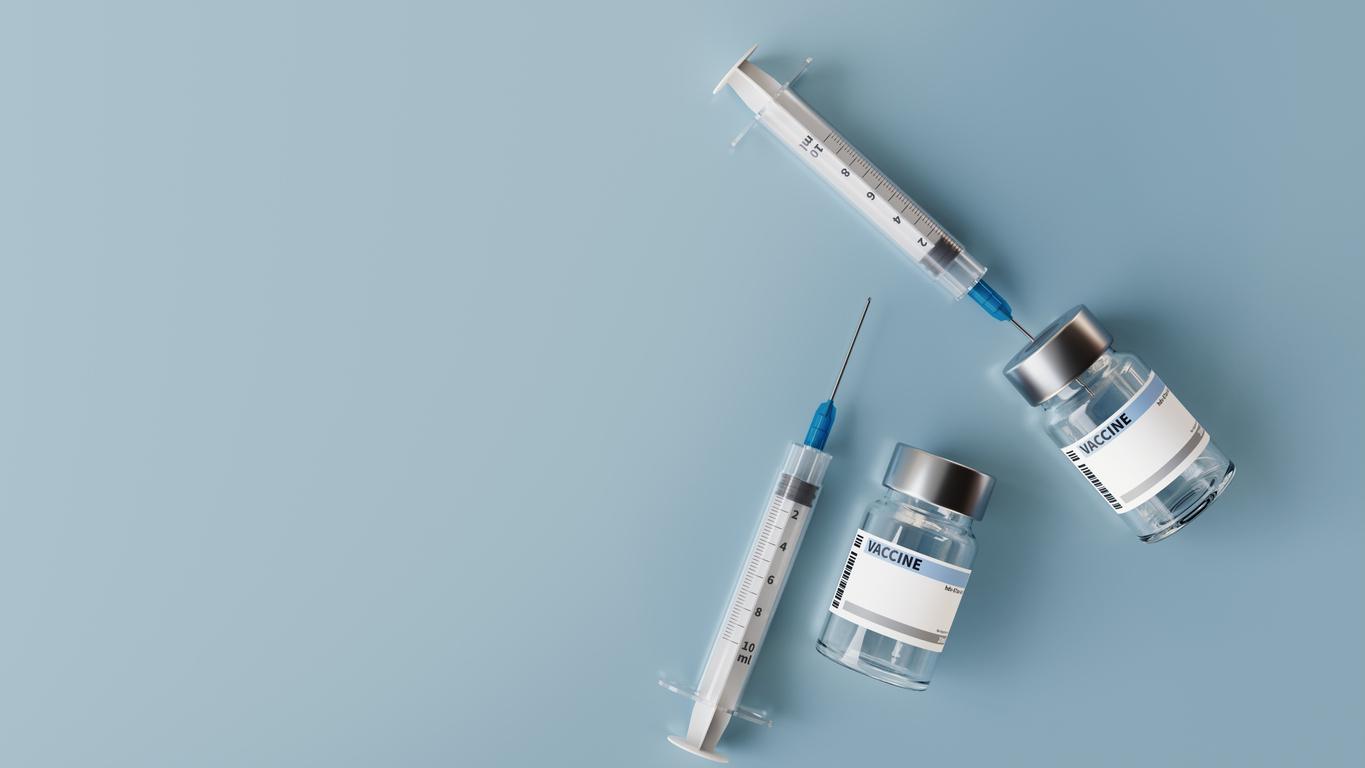Two days after US government officials announced they would begin intradermally injecting Bavarian Nordic's Jynneos vaccine at one-fifth the dose of vaccine needed in subcutaneous injections, the Centers for Disease Control and Prevention (CDC) hosted a COCA (Clinician Outreach and Communication Activity) call to provide interim guidance on this new practice.
On the call was Peter Marks, MD, PhD, who directs the Food and Drug Administration's (FDA's) Center for Biologics Evaluation and Research.
Marks said between 1.6 and 1.7 million Americans are at risk of contracting monkeypox, which would require 3 million doses of Jynneos. Only half of that amount would be available in the US between now and December, so the FDA looked at alternatives. ACAM2000, a smallpox vaccine, was also considered but ultimately decided against because it carries with it a significant risk of myocarditis (1 case out of 175 recipients), and causes a scab that sheds live virus, which is unsuitable for immunocompromised individuals.
Marks acknowledged the critics who point out that fractional dosing is based on one trial published in 2015, but he said the trial was well-constructed and offered very reassuring results.
Throughout the call, which included pictures of how to inject a vaccine intradermally, officials from the CDC and FDA said a single vial of the Jynneos vaccine can be opened and used during an 8-hour period, yielding five doses per vial.
Bavarian Nordic questions method
Among the concerned is Bavarian Nordic, the world's only maker of a monkeypox vaccine, which expressed serious reservations about intradermal dosing in a letter sent to the Department of Health and Human Services and the FDA. The letter was obtained by the Washington Post earlier this week.
"Bavarian Nordic (BN) is dedicated to assisting Governments around the globe to control the current monkeypox outbreak and is fully supportive of dose-sparing approaches, such as delaying the second vaccination," the company said in the letter. "However, we do have some reservations on the ID [intradermal] approach, due to the very limited safety data available (<200 people), the higher reactogenicity compared to the JYNNEOS standard dose and route (subcutaneous [SC]), and the fact that there was a relatively high percentage of subjects (20%) that failed to receive the second vaccination during a controlled clinical study."
Paul Chaplin, the CEO of Bavarian Nordic, wrote that the company had been inundated with calls from US government officials since last week, asking questions such as how many times a syringe can be inserted in a vial, and once opened, how long the vaccine can remain out and in use.
"We will of course align our responses with our colleagues at the CDC, but we believe this alignment would have been better served before any announcement to ensure the best rollout of the EUA," Chaplin wrote.
US hits 10,000 cases
The US now has 10,392 confirmed monkeypox cases in all states but Wyoming. With a global total of 33,333, the US represents one-third of the world's cases.
In a new monkeypox epidemiological update from the European Centers for Disease Control, officials accounted for 17,509 cases from 41 countries. Deaths remained at 2 in Europe, and there are still no occupational healthcare exposures.
In Spain, which, along with Germany and the UK, is the epicenter of monkeypox activity in Europe, officials have asked the European Medicines Agency (EMA) to authorize fractional dosing in that country. It is not known if they planned to use the same intradermal technique as the United States, but the EMA said yesterday they are considering several measures that would stretch the supply of the vaccine in the European Union.
Spain has more than 5,000 confirmed cases of the virus and has received 12,000 doses of vaccine from an EU-coordinated purchase. The vaccine is approved to be delivered subcutaneously in two doses, 28 days apart. Recipients are considered protected 14 days after the second dose.
In other global news, the Africa Centers for Disease Control and Prevention announced they are in talks to purchase monkeypox vaccines. The continent still does not have any doses of monkeypox vaccine, despite being the historical home of the virus. Africa currently has 2,947 monkeypox cases, including 104 deaths. Most cases, however, are transmitted among households and not among men who have sex with men.




















